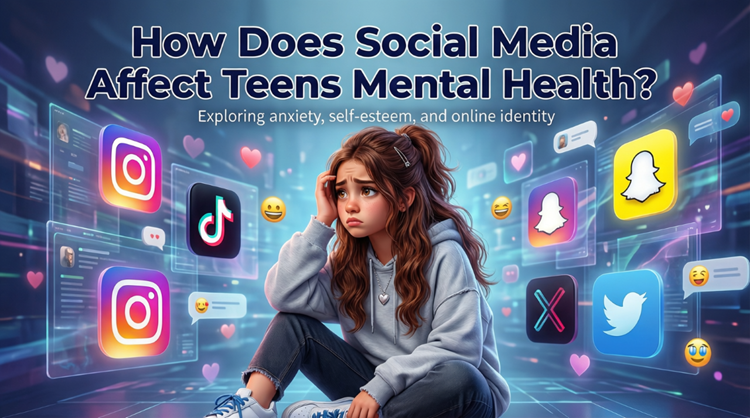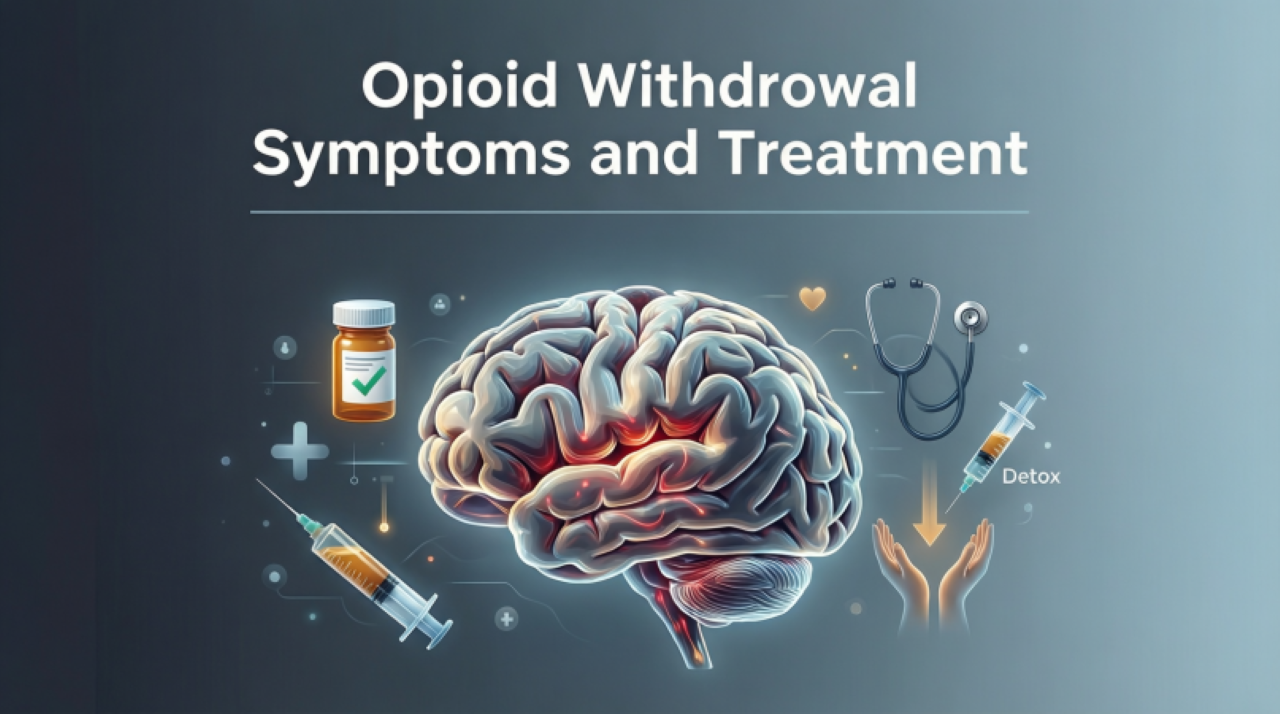Understanding Medication Management
Medication management is a thorough process of making sure a patient receives the correct drugs, at the correct dose, time, and mode in order to attain the best health outcomes. It entails a patient’s care team and comprises activities such as medication reconciliation (making a true list of all drugs), side effect monitoring, coordination among various healthcare providers, and enabling patients to access and afford their medications. Effective management is also important in managing chronic conditions, avoiding adverse drug events, and enabling patients to achieve better health.
A main component of medication management is, at a minimum, a review of the medications available, describing the purpose of the medication, and discussing the side effects of the medication.
Another piece involves monitoring the patient’s potential issues with compliance to medications, medication contacts with food/supplements, and lifestyle/family interactions.
An additional piece includes implementing medication or dosing changes that are in the best interest of safety and efficacy.
Overall, medication management is much more than just “taking a pill.” The medication management process is working with the medical professional to ensure both compliance and that the prescribed medication is safe, effective, and individualized.
Why Medication Management Matters
When seriously managing mental health conditions, medication management is an effective way of improving outcomes. Here are a few major benefits:
- Symptomatic improvement: When the medications taken are appropriate, administered, and taken correctly, symptoms of bipolar disorder, ADHD, depression, anxiety disorders, and other conditions can be effectively managed.
- Improved quality of life: When symptoms are better managed, individuals can engage in deeper relationships, return to work, engage in therapy, and participate in daily functioning.
- Lessens potential for relapse: Ongoing management ensures the medication(s) remain effective and allows dose adjustments to occur before decompensation happens.
- Improves adherence: People tend to take medications when they understand why they are prescribed medication, what they might reasonably expect, and have clear expectations about how to take the medications.
- Individualized care: Medication management allows for more individualized care instead of a one-size-fits-all approach because each person’s biology, medical history or other concerns affects them uniquely.
Who Should Consider Medication Management?
Various groups of individuals can benefit from medication management. Below is a list of patient groups that often benefit:
Individuals struggling to track their medications
Medication management can provide clarity and assistance if you’ve ever been unsure why you’re taking a medication, how it may interact with any other medications or supplements you’re taking, or how lifestyle factors can affect it.
Individuals not achieving the desired treatment response
In some cases, even if a patient is taking the “right” medication at the “right” dose, there may not be an impact. In these cases, a careful review, dose adjustment, or medication switch may be warranted.
Individuals with complex medication needs or co-occurring medical conditions
If a patient is taking multiple medications or has co-occurring medical conditions (e.g., liver disease, thyroid issues, or cardiovascular disease), they are more susceptible to adverse medication interactions. Medication management can facilitate the process of sorting through those complications.
Individuals with chronic or recurrent mental health conditions
Many individuals with mental health conditions, such as bipolar disorder, chronic depression, or anxiety, require medication monitoring rather than a prescription and move on. A medication management professional will continue follow-up and determine if long-term medication is appropriate, needed, or helpful.
People in therapy, who may also need medication support
Often, the best outcomes from medication will occur when the medication is administered concurrently with psychotherapy or other forms of care. Medications will be managed to ensure that the medical component of treatment is aligned with the treatment objectives if medications are part of the treatment plan.
How Does Florida Atlantic Coast Treatment Solutions Approach Medication Management?
Medication management is an essential aspect of Florida Atlantic Coast Treatment Solutions’ comprehensive behavioral health care services. Some key features of their process include:
- Initial evaluation: Before any prescriptions, a clinical team assesses whether or not medication is indicated. If medication is recommended, the team assists the patient in making informed choices by explaining the risks as well as the benefits.
- Ongoing monitoring and adjustments: After a medication is prescribed, the team monitors how safe and effective the medication is during a treatment episode and makes any necessary adjustments to dosage and timing.
- Comprehensive, individualized care: They understand that medication is not the best option for everyone, and incorporate medication management with therapy, lifestyle support, and individualized treatment planning.
- Dual diagnoses approach: DeLand’s medication management process is a part of a larger, evidence-based model of care focused on co-occurring mental health and substance use disorders.
In their own words from their website, “Medication Management includes initial assessment to determine the need for medication and ongoing monitoring to ensure prescribed medications are safe and effective.”
Key Takeaways & Practical Tips
If you are starting on new mental health medications or are on medications currently but feel uncertain or that things aren’t getting better, you may want to enter a structured medication management program.
When you look for a provider (e.g. Florida Atlantic Coast Treatment Solutions), you can ask the following questions yourself:
- How often will my medications be monitored and by whom?
- How will I be monitored for interactions, side effects, or lifestyle factors that are problematic?
- Will my medication regimen be coordinated with my therapy regimen?
Keep in mind that while medicine can often be a very valuable treatment tool, it is not the only tool. The most effective treatment will be a combination of therapy, lifestyle changes (diet, exercise, and sleep), and regular follow-up.
Be well informed: Make sure to ask your prescriber why they have offered a recommended medication, what you should expect, how soon you will see improvement, and how we will know if an adjustment is needed.
Actively process: Write down on a confidential piece of paper a memo of all the medications you are taking (prescription and non-prescription/dietary supplements), as well as report any side effects/symptoms, and keep a list of any question you want to ask on your next appointment.

Take the First Step Today
Medication management is an important aspect to consider in today’s mental health treatment. Medication management can be a vehicle towards long-term wellness and can help tailor treatment to the individual if followed carefully. If you or someone you care about is experiencing a mental health condition, has questions about medication, or is looking to improve their treatment outcomes, contacting a specialized facility like Florida Atlantic Coast Treatment Solutions may be a natural next step.
If you would like to know more about how medication management works at Florida Atlantic Coast Treatment Solutions or would like to determine if medication management is right for you, feel free to contact our team for a confidential consultation.


